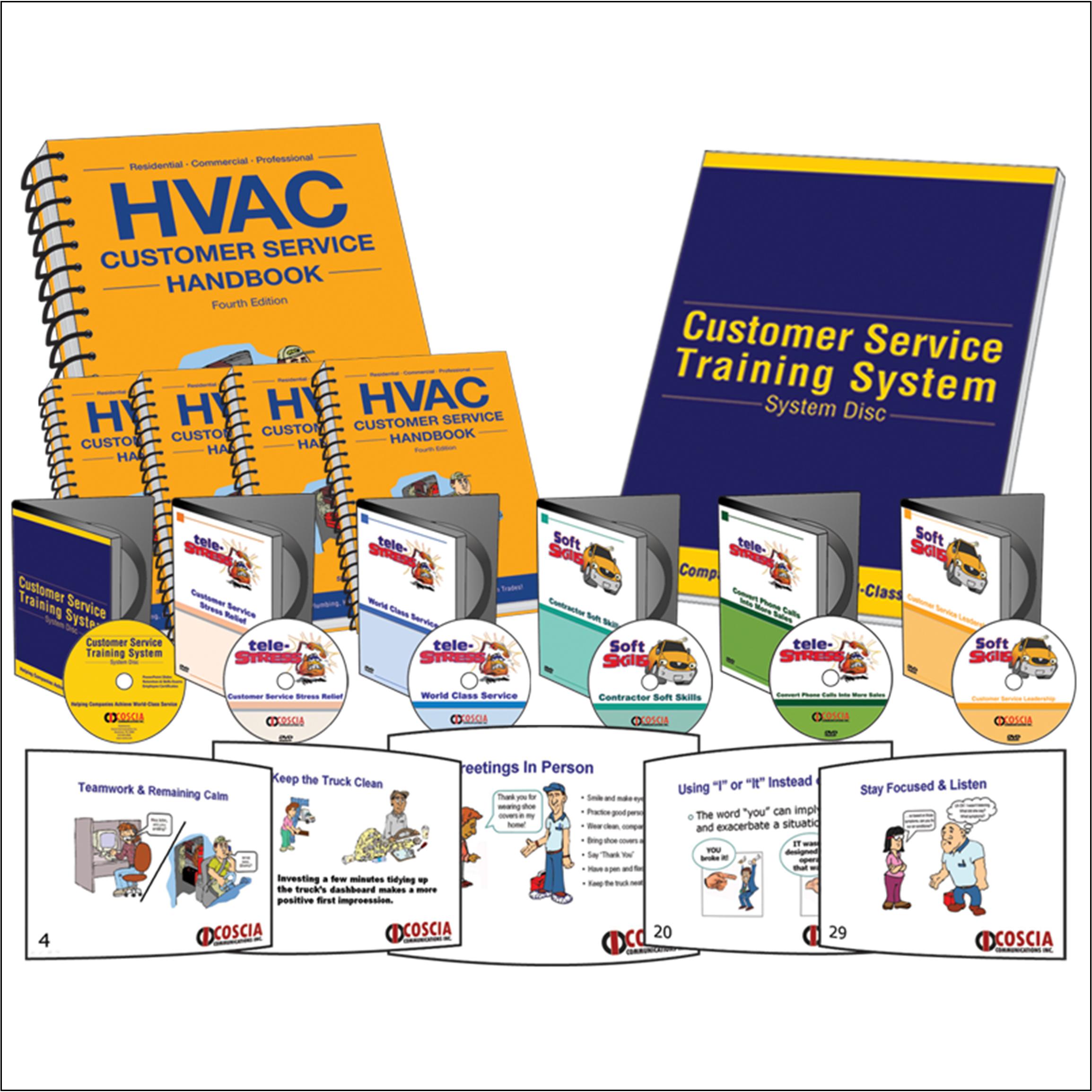Artificial intelligence (AI) tends to come up in the context of remote monitoring software and tools that upload data to the cloud. It has a place in the back office, too — as Beyer Mechanical, one of the largest commercial air conditioning companies in South Texas, realized this February. After moving to an automated accounts payable system, the company has seen a 60 percent reduction in invoice lifecycle. Now Stampli AI technology does the data entry, freeing up accounting staff to focus their energy on research and analysis.
Why Automated Intelligence?
Founded in 1989, Beyer Mechanical is family-owned and -operated and specializes in service, maintenance, construction, and design build in the greater San Antonio area. Last year, the company made about 20,000 customer service calls.
“From an invoicing perspective, we’re averaging right around 1,500 invoices a month,” said Jeremiah Heisey, financial controller at Beyer Mechanical.
Prior to the introduction of AI, two accounts payable (AP) clerks handled the invoices, using an older AP system and PaperSave. Each invoice had to be manually coded and routed for approval. The enterprise resource planning Sage Intacct wasn’t integrated with PaperSave, so PO matching for invoices was often unreliable.
“One of the things we were finding is that it was just taking us a pretty long time to process and approve our invoices with the system that we had,” said Heisey. “We'd have POs in our AP system that PaperSave couldn’t pick up. Some POs came in with incorrect information and duplicate invoices it couldn’t catch. Each time a clerk clicked on a PO, the system would stall for 15-20 seconds, and twice that time any data had to be corrected.
“When you’re coding 1,500 invoices a month, that adds up,” he continued. “The approval process was also lengthy, as managers had to approve each invoice individually. Ultimately, we couldn’t get all of our invoices in on time, so we couldn’t close our books on time.”
Implementation of Automated Intelligence
Accounting is Beyer Mechanical’s main foray into AI; the company is also in the process of implementing Salesforce. The company learned of Stampli after a cold call from a sales rep and decided to move to this technology right away.
Heisey said implementation was “actually really easy.” The Sage Intacct – Stampli API integration was completed in less than 48 hours, and AP clerks were entering invoices on their own the next day. Beyer Mechanical’s AP process is now fully automated, leveraging AI from invoice capture, to coding and approver selection, to routing approved invoices to Sage Intacct for payment. POs are now in Sage Intacct, as service contract POs (generated by a third party) get imported nightly.
Over time, the AI learns the company’s vendors and the invoices they send, which takes a lot of the burden off the AP clerks. After a few manual entries, Stampli learns where to go to pull the invoice number, the amount, and the line items on the invoice and can then autofill that information. Human analysts can then do a couple spot checks instead of spending their time inputting all the information by hand.
“We’ve actually improved AP clerk resource efficiencies by 33 percent,” Heisey said. “It gave us a lot of time back. From a processing perspective, we were able to completely reallocate a full headcount to a different position.”
The technology also includes analytical tools that can be used for research — for example, running reports to see how much has been spent in the last 30 days with a certain vendor.
As luck would have it, Beyer Mechanical’s switch to AI accounting took place in mid-February, just before the COVID-19 outbreak sent the entire team to a remote work setup. Beyer Mechanical was already pretty much paperless, and the new AI system served as a facilitator during this time.
“For companies that are still potentially pushing paper invoices, having something like this is key from a working-from-home standpoint,” Heisey said. “Our invoices are all current now, so when COVID-19 hit, we were able to spend more time making the right decisions for our business.”
Automated Intelligence Accounting Solutions
Beyer Mechanical’s invoice lifecycle is now 48 hours or less per invoice. One hundred percent of invoices are now in within 10 days of month close, giving the business the visibility into its financials that it needs for accurate reporting.
Heisey called the switch a “complete validation” of an AI accounting solution.
“Before, it took a minimum of five days, and when you factor in the invoice backlog we had, it was probably much longer,” he said. “The only thing the AP clerks need to do is evaluate if it’s a full or partial invoice and, if it’s the latter, make the adjustment.
“That's been the biggest time saver for us from the AP process,” he added. “What used to take approximately 50 hours per month can now be done in half an hour across all our invoices.”
Heisey calls Beyer Mechanical a “large small business” and encourages any contractor, regardless of size, to give artificial intelligence solutions a shot.
“If you don't have much knowledge about AI but you'd like to start dipping your toe in that area, I think accounts payable is a really good place to start because most accounts payable processes work the same at all companies,” he said. “It really does allow you to rededicate your resources and allocate your resources to time better spent — not just pushing paper around, logging invoices, and getting them approved.”
Lessening the workload gives staff more time to spend making business decisions.
“Our clerks are becoming more like managers, because they're pulling invoices that are pre-populated. They're not having to manually enter so much data, which gives them a lot more power,” Heisey said. “We found our analysts can spend a lot more of their time doing more value-added work, like more analysis and more research on how to control costs.”








